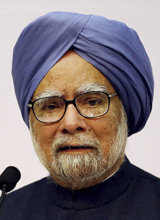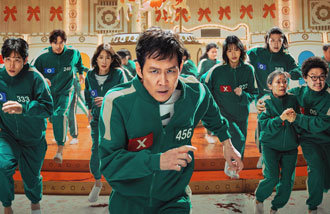Manmohan Singh, architect of India's economic reforms, dies at 92
Manmohan Singh, architect of India's economic reforms, dies at 92
Posted December. 28, 2024 07:27,
Updated December. 28, 2024 07:27

Manmohan Singh, the former Prime Minister of India and the mastermind behind the country’s landmark economic reforms, passed away on Thursday in New Delhi due to age-related ailments, according to reports from the Associated Press and other outlets. He was 92.
Singh, who served as Prime Minister from May 2004 to May 2014, was the first non-Hindu to hold the position since India’s independence in 1947. A devout Sikh, he was always seen wearing the turban associated with his faith. Current Prime Minister Narendra Modi, known for his Hindu nationalist views, honored Singh’s legacy on “X” (formerly Twitter), calling him “one of the most respected leaders.” Sikhs make up only 2% of India’s 1.4 billion population.
Born in 1932 in Punjab, Singh studied economics at the University of Cambridge and earned a Ph.D. from the University of Oxford. After returning to India, he worked as an economics professor before entering politics. As Finance Minister, he was pivotal in rescuing India from an economic crisis in 1991 by implementing sweeping reforms, including tax cuts, privatization of state-owned enterprises, and deregulation.
As Prime Minister, Singh maintained this reformist agenda. Under his leadership, India achieved an impressive average annual growth rate of 7%, transforming from a socialist economy into a dynamic, market-driven one. His tenure drew praise from international outlets like the Financial Times, which credited him with reshaping India’s economic landscape.
Jeong-Soo Hong hong@donga.com







